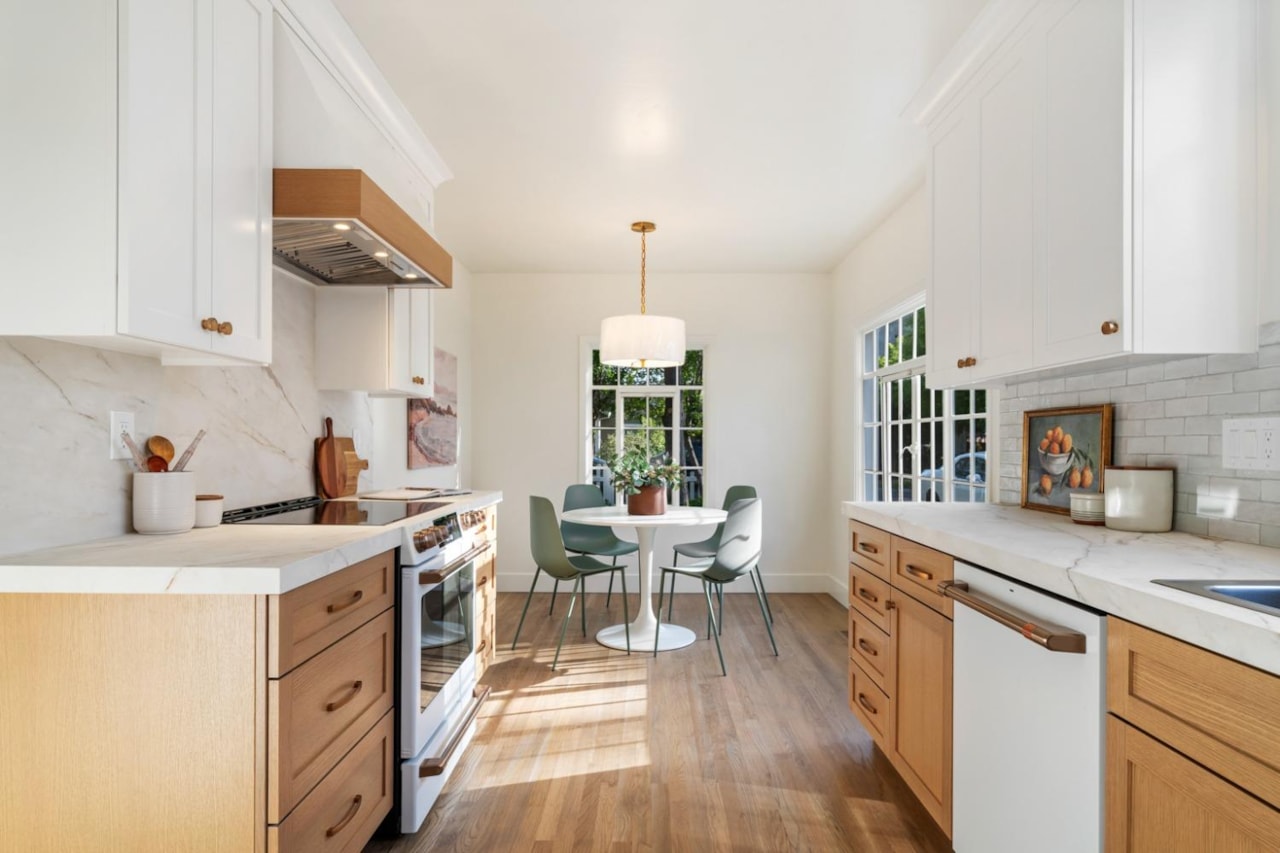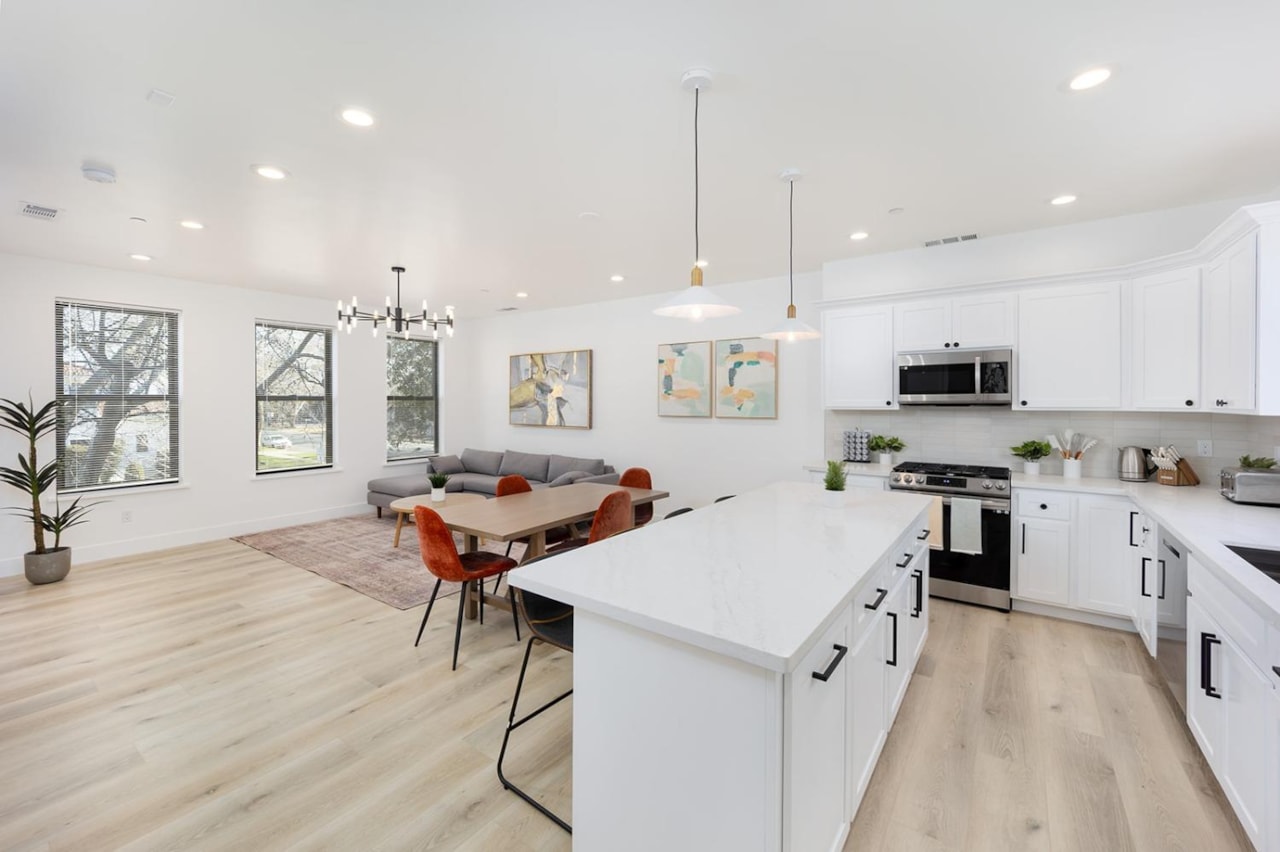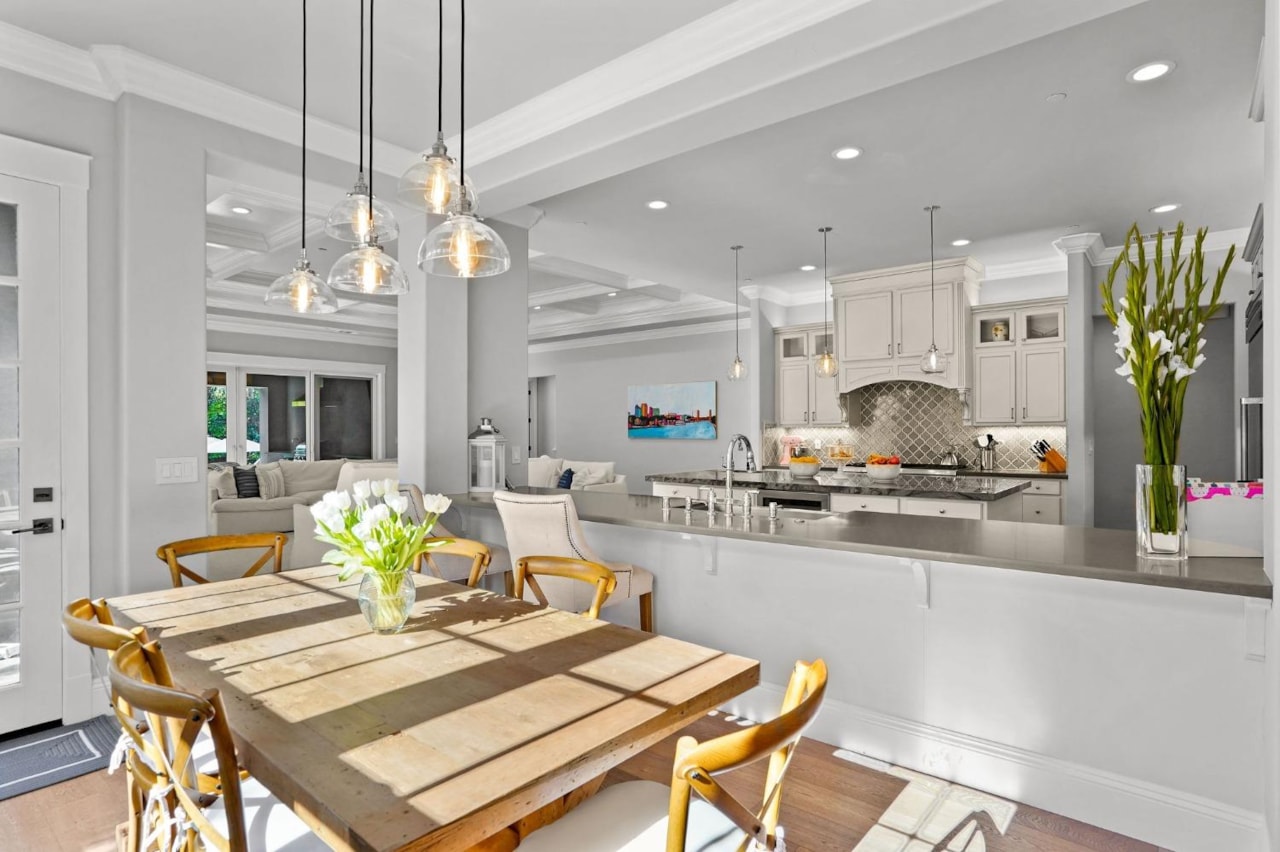In today’s real estate market, catering to the preferences of millennial homebuyers is essential for sellers looking to maximize their property’s appeal.
With their unique priorities and preferences, understanding what millennials look for in a home can help sellers tailor their marketing strategies and attract this influential demographic. In this comprehensive guide, we’ll delve deeper into the key factors that millennials consider when purchasing a home and explore how sellers can effectively appeal to this discerning group of buyers.
Understanding Millennial Homebuyers:
1. Location, Location, Location:
Location remains a top priority for millennial homebuyers, but their preferences differ from previous generations. While proximity to urban centers and employment hubs is still important, millennials also prioritize convenience and lifestyle amenities.
Walkable neighborhoods with access to public transportation, dining options, recreational facilities, and cultural attractions are highly desirable.
Additionally, millennials value neighborhoods with a strong sense of community and opportunities for social engagement. They seek areas that offer a blend of urban convenience and suburban charm, allowing them to enjoy both the hustle and bustle of city life and the tranquility of suburban living.
2. Affordability and Value:
Despite being the largest generation in the workforce, many millennials face financial challenges such as student loan debt and rising housing costs. As a result, affordability is a significant consideration for millennial homebuyers. They are looking for homes that offer good value for their money and fit within their budget constraints.
While millennials are willing to invest in homeownership, they are also mindful of ongoing expenses such as property taxes, utilities, and maintenance costs.
Sellers can appeal to this demographic by pricing their homes competitively and highlighting cost-saving features such as energy-efficient appliances, low-maintenance landscaping, and updated systems that minimize the need for repairs.

3. Flexible and Functional Spaces:
Millennials value flexibility and versatility in their living spaces. They are looking for homes that can adapt to their changing lifestyle needs and preferences. Open floor plans that allow for seamless flow between living, dining, and kitchen areas are popular among this demographic.
Additionally, millennials seek homes with flexible spaces that can serve multiple purposes, such as a home office, gym, or guest room. Features such as built-in storage, customizable shelving, and multipurpose furniture appeal to millennials who prioritize adaptability and functionality in their homes.
Sellers can showcase the potential of their homes by staging rooms in a way that demonstrates different layout options and uses of space.

4. Tech-Savvy Features and Connectivity:
As the first generation to grow up with technology, millennials have a strong affinity for smart home features and connectivity. They are looking for homes that offer modern amenities and integrated technology solutions that enhance their daily lives. Smart thermostats, lighting controls, security systems, and voice-activated assistants are highly desirable among millennial homebuyers.
These tech-savvy features not only enhance convenience and comfort but also align with millennials’ desire for a connected and efficient lifestyle. Sellers can differentiate their homes by highlighting these features and demonstrating how they enhance everyday living.
They can also invest in smart home upgrades that appeal to millennials, such as smart locks, video doorbells, and automated window treatments.

5. Sustainability and Eco-Friendliness:
Environmental sustainability is a top priority for many millennials, who are increasingly concerned about their ecological footprint. As such, eco-friendly features such as energy-efficient appliances, solar panels, low-flow plumbing fixtures, and sustainable building materials are attractive selling points. Millennials are looking for homes that are not only energy-efficient but also environmentally responsible.
They are interested in reducing their carbon footprint and minimizing their impact on the planet. Sellers can appeal to environmentally-conscious millennial buyers by highlighting these features and showcasing how they contribute to energy savings and environmental sustainability.
They can also provide information about green building certifications, energy-efficient upgrades, and eco-friendly initiatives that demonstrate their commitment to sustainability.

6. Community Amenities and Lifestyle:
Millennials value community amenities and lifestyle offerings that enhance their quality of life. They are looking for neighborhoods that offer a wide range of amenities and recreational opportunities that promote health, wellness, and social interaction. Access to parks, trails, fitness centers, and recreational facilities is highly desirable among this demographic.
Additionally, millennials seek neighborhoods with vibrant social scenes and cultural amenities such as coffee shops, restaurants, art galleries, and farmers’ markets. These amenities provide opportunities for connection and engagement with neighbors and contribute to a sense of belonging and community.
Sellers can highlight the unique features and attractions of their neighborhood, such as nearby parks, trails, and community events, that appeal to millennials and enhance their overall lifestyle experience.

7. Online Presence and Digital Marketing:
In today’s digital age, millennials rely heavily on online resources and platforms to search for homes and gather information. Sellers can effectively reach millennial homebuyers by ensuring that their properties have a strong online presence. High-quality photos, detailed descriptions, virtual tours, and video walkthroughs are essential for capturing millennials’ attention and generating interest in the property.
Additionally, sellers can leverage social media and digital marketing strategies to engage with millennial buyers and showcase their homes in innovative ways. They can create targeted advertising campaigns, share compelling content on social media platforms, and engage with potential buyers through email marketing and online forums.
By leveraging the power of digital marketing, sellers can reach a wider audience of millennial homebuyers and increase their chances of a successful sale.

Final Thoughts
Selling your home to millennials requires a nuanced understanding of their preferences and priorities. By focusing on factors such as location, affordability, flexible living spaces, tech-savvy features, sustainability, community amenities, and online presence, sellers can appeal to millennial homebuyers and maximize their chances of a successful sale.
With the right marketing strategies and a thorough understanding of what millennials look for in a home, sellers can position their properties to stand out in a competitive market and attract this influential demographic.
Ready to sell your home to millennial buyers in Sacramento? Contact Us Today for expert guidance and assistance.





